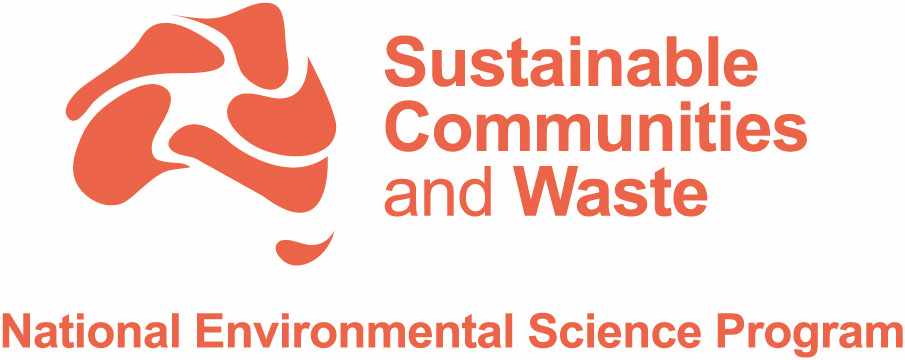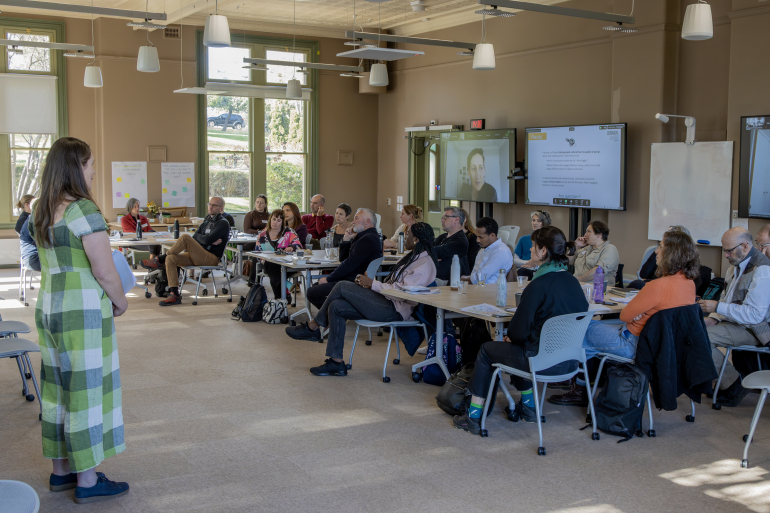On 1–2 September 2025, researchers, policymakers and practitioners gathered in nipaluna/Hobart for a two-day workshop exploring how to build a more nature-connected Australia. Hosted by Dr Emily Flies from the Nature Connection Project in partnership with the Department of Climate Change, Energy, the Environment and Water (DCCEEW), the University of Tasmania and the Healthy Environments and Lives network, the event created space for collaboration across sectors and disciplines.
The workshop forms part of the Sustainable Communities and Waste Hub’s Impact Priority 1 (IP1), which is developing evidence to strengthen sustainable people–environment interactions. Within IP1, the Nature Connection Project is investigating how connecting with nature supports health, wellbeing and pro-environmental behaviours to guide more sustainable planning and policy.
Exploring the landscape of nature connection
Day one set the stage with findings from the project’s national survey and storytelling research, led by Dr Emily Flies and Dr Kate Sollis from the University of Tasmania. These studies highlight the many ways Australians build relationships with nature, and the positive impacts these connections have on both wellbeing and environmental stewardship.
Policy leaders from DCCEEW, local government and health joined a panel discussion to explore how nature connection intersects with national strategies, including Australia’s Strategy for Nature 2024–2030. Practitioners from councils, community groups and Indigenous organisations then shared lessons from the ground, highlighting successes and barriers in creating enabling environments for people to connect with Country and place.
The day concluded with training from Common Cause on using values-based communication to strengthen messages about nature connection.
From science to action
Day two shifted focus to creating impact. Participants explored how to measure and report on nature connection and how transdisciplinary collaboration could help close knowledge gaps and create change. Sessions included:
- A training session on: Protecting wellbeing in the face of climate anxiety and eco-grief, led by Steve Willing (Growth in Mind).
- A panel on measuring, monitoring and sharing progress, featuring representatives from DCCEEW, local councils, academia and the Nature Connection Project.
- A panel on transdisciplinary collaboration, showcasing insights from Landcare Tasmania, Conservation Volunteers Australia, Melbourne Business School and Kuno Earth.
The workshop culminated in group activities envisioning a nature-connected future, identifying barriers and enablers, and co-designing pathways for change relevant for community organisations, local, state and federal governments.
Linking to the Hub’s research and vision
The workshop outcomes align closely with IP1’s goal of delivering evidence-based solutions to strengthen sustainable people–environment interactions. By integrating scientific research with practitioner knowledge and policy priorities, the Nature Connection Project is helping to build the foundation for a more connected, resilient and sustainable Australia.
As one participant reflected, the challenge now is turning shared knowledge into action. This aims to ensure that nature connection is not only recognised as a driver of wellbeing and sustainability, but also embedded across policies, planning and community programs.

